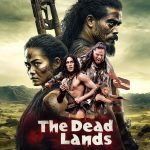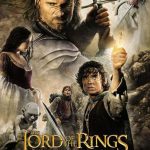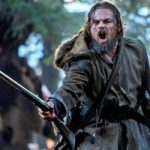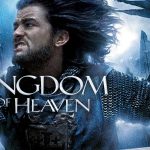Beowulf (2007)
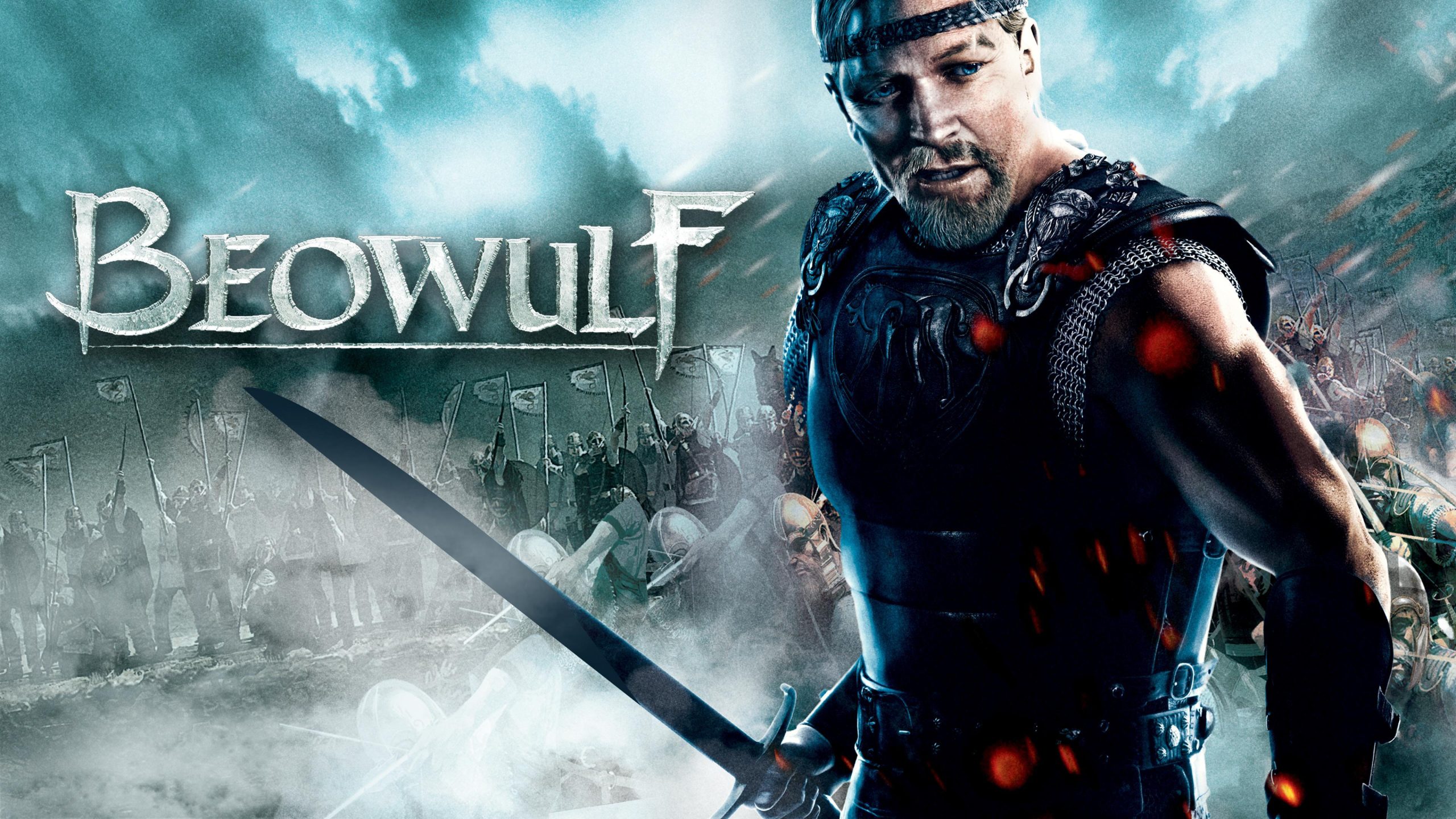
“Beowulf,” released in 2007, is a groundbreaking animated fantasy action film directed by Robert Zemeckis. Based on the ancient English epic poem of the same name, the film reimagines the classic tale through cutting-edge motion capture technology, blending traditional storytelling with modern animation techniques. Written by Neil Gaiman and Roger Avary, “Beowulf” features an impressive voice cast that includes Ray Winstone, Anthony Hopkins, Robin Wright, Brendan Gleeson, and John Malkovich. This film not only revitalizes a timeless story but also explores complex themes of heroism, identity, and the human condition.
Set in a mythic past, “Beowulf” follows the journey of its titular hero, a legendary warrior who seeks to rid the kingdom of Heorot from the monstrous creature Grendel. The film opens with Grendel (voiced by Crispin Glover) terrorizing the Danish king, Hrothgar (Anthony Hopkins), and his people, who are helpless against the beast’s relentless attacks. In response, Beowulf (Ray Winstone) travels from Geatland to offer his services as a warrior, eager to prove his bravery and earn eternal glory.
Upon his arrival, Beowulf and his band of warriors quickly gain the trust and admiration of Hrothgar and the Danish people. Beowulf’s initial confrontation with Grendel is portrayed with dramatic intensity, showcasing the hero’s strength and combat prowess. However, the battle reveals deeper themes of fate and the consequences of ambition. After defeating Grendel, Beowulf faces new challenges, including the wrath of Grendel’s mother (voiced by Angelina Jolie), a seductive and powerful figure who seeks revenge for her son’s death.
The film evolves into a tale of moral ambiguity, as Beowulf grapples with his desires for glory and power. The story progresses to reveal the long-term consequences of his actions, leading to an eventual confrontation with a dragon that threatens both his kingdom and legacy. As the narrative unfolds, viewers witness Beowulf’s transformation from a fearless warrior to a king burdened by the weight of his past choices.
At its core, “Beowulf” explores several significant themes that resonate deeply within the context of heroism and human experience. One of the most prominent themes is the idea of heroism itself. The film challenges traditional notions of what it means to be a hero. Beowulf’s journey reveals that true heroism is not solely defined by physical strength or glory in battle, but also by the moral choices one makes and the legacy left behind.
Another essential theme is the interplay between fate and free will. Throughout the film, characters grapple with their destinies, often facing the consequences of their decisions. Beowulf’s initial desire for fame drives him to make choices that ultimately lead to his downfall, prompting reflections on the nature of ambition and the cost of seeking immortality through legacy.
The theme of identity is also intricately woven into the narrative. Beowulf’s character is constantly shaped by external expectations and internal conflicts. His relationships with other characters, particularly Grendel’s mother, highlight the complexities of desire, power, and vulnerability. The film raises questions about the essence of identity: Is it defined by our actions, our lineage, or our choices?

Robert Zemeckis’s direction in “Beowulf” is remarkable for its use of motion capture technology, which allows for a unique blend of realism and stylization. The animation captures intricate details of the characters’ performances, enhancing emotional depth and bringing the epic story to life in a visually stunning manner. The film’s rich, dark color palette evokes the bleakness of the world in which the characters reside, immersing viewers in a mythic landscape.
The cinematography, combined with Zemeckis’s dynamic storytelling, creates a sense of epic scale that echoes the grandeur of the original poem. The action sequences are both thrilling and visceral, effectively balancing the film’s darker themes with moments of heroic triumph. The use of 3D technology further enhances the viewing experience, drawing audiences into the world of Beowulf and its mythic battles.

The characters in “Beowulf” are complex and multi-dimensional, contributing to the film’s exploration of themes related to heroism and identity. Beowulf, voiced by Ray Winstone, undergoes significant development throughout the film. Initially portrayed as an invincible warrior, he grapples with his vulnerabilities and moral failings as the story progresses. This depth adds layers to his character, making him relatable and human.
Anthony Hopkins as Hrothgar brings gravitas to the role of the aging king, whose wisdom and regret serve as a counterpoint to Beowulf’s youthful ambition. The dynamic between Hrothgar and Beowulf highlights the mentor-mentee relationship, emphasizing the weight of legacy and the burdens of leadership.
Grendel and his mother, voiced by Crispin Glover and Angelina Jolie, respectively, add complexity to the narrative. Grendel is depicted not merely as a monstrous antagonist but as a tragic figure shaped by his isolation and pain. Grendel’s mother, with her seductive power, challenges traditional notions of femininity and villainy, illustrating the nuanced portrayals of characters within the film.

“Beowulf” received mixed reviews upon its release, with some critics praising its innovative animation and exploration of deep themes, while others found fault with its pacing and deviation from the original poem. Nevertheless, the film has since garnered appreciation for its ambitious storytelling and visual artistry, influencing the future of animated films and the use of motion capture technology.
As a reimagining of a classic epic, “Beowulf” has helped to revive interest in the source material, introducing a new generation to the ancient tale. Its themes of heroism, identity, and the consequences of ambition continue to resonate, making it a significant contribution to both animation and the broader cinematic landscape.

In conclusion, “Beowulf” is a striking animated film that successfully marries ancient storytelling with modern technology. Through its exploration of profound themes, dynamic character development, and innovative visual style, the film offers a compelling reinterpretation of a classic epic. Robert Zemeckis’s direction, combined with the powerful performances of the voice cast, creates a rich cinematic experience that challenges viewers to reflect on the nature of heroism and the complexities of the human condition. As a result, “Beowulf” remains a significant entry in the realm of animated cinema, standing as a testament to the enduring power of storytelling and its ability to transcend time.

